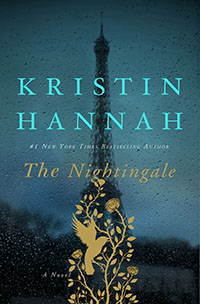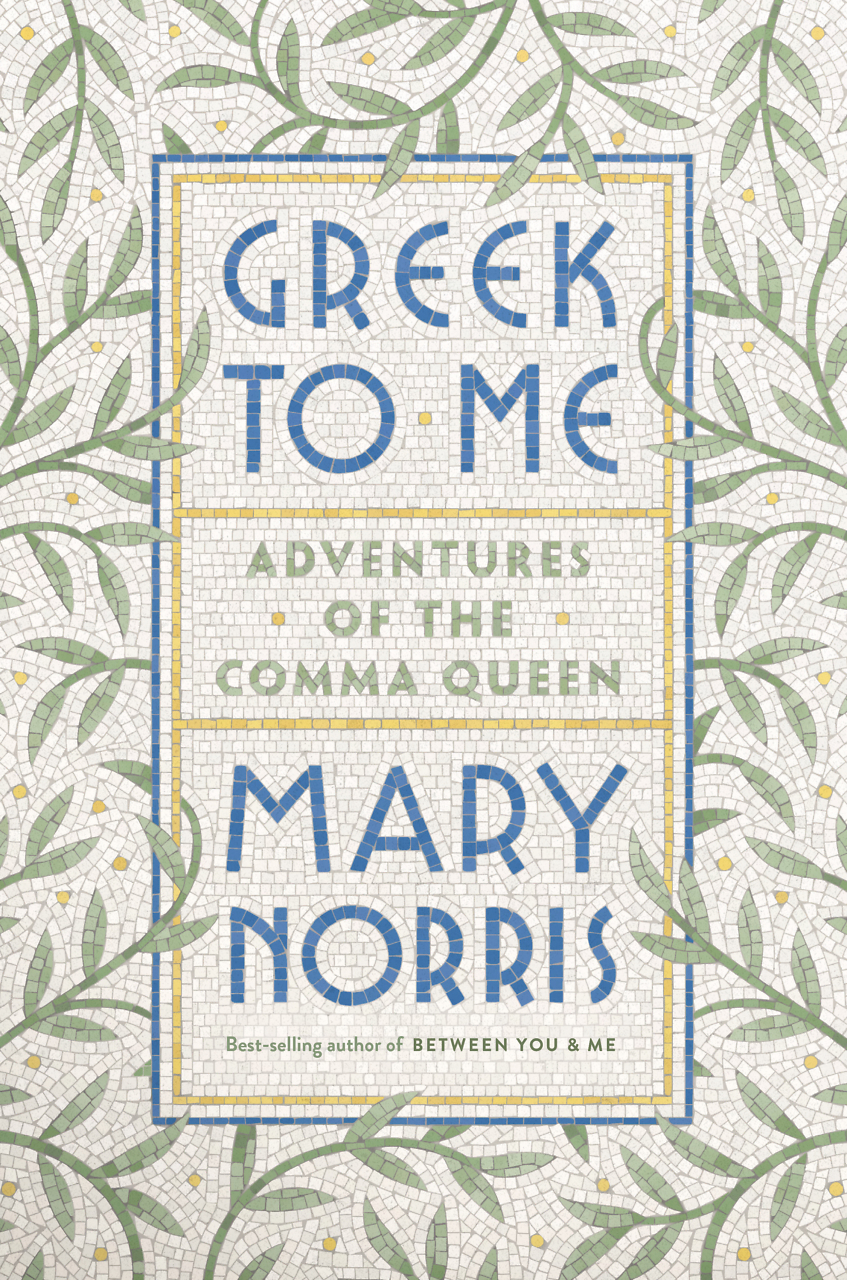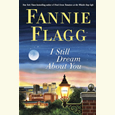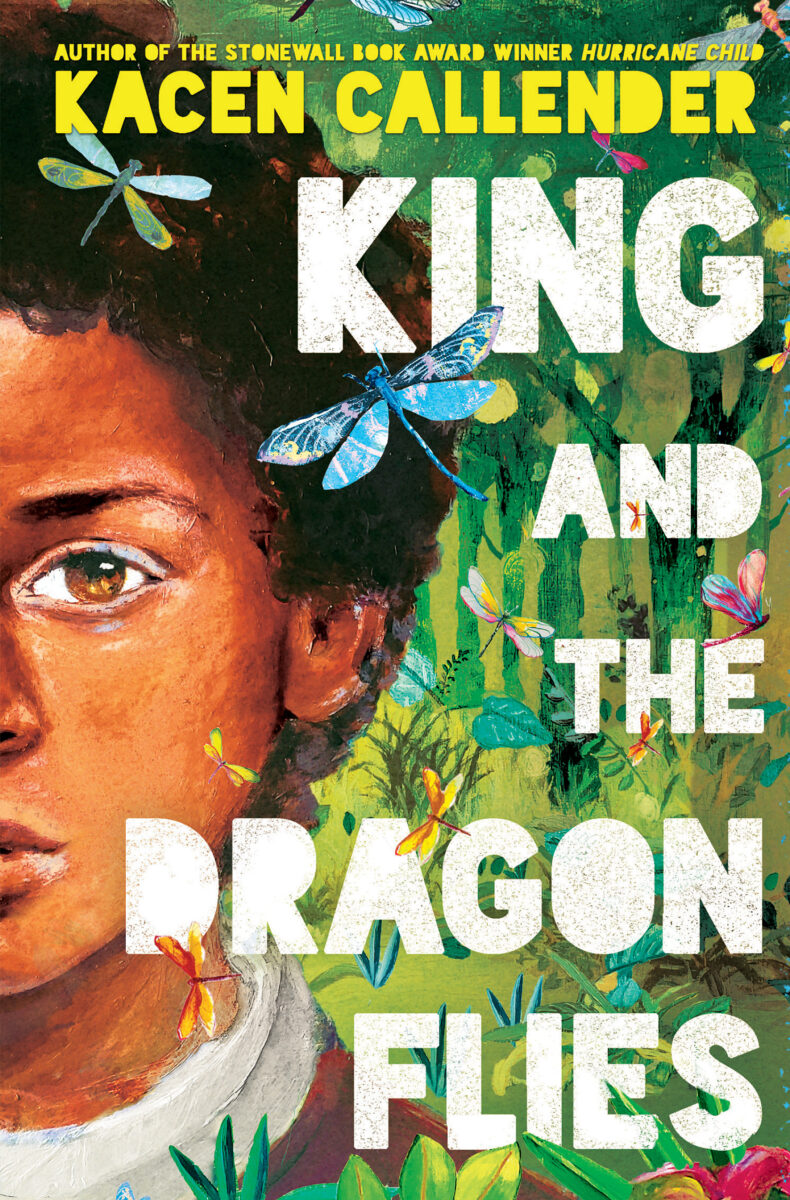Decisions in a Time of No Choices
In The Nightingale, Kristin Hannah takes readers on a harrowing return to World War II
In The Nightingale, Kristin Hannah highlights the bravery of ordinary women during World War II in a heartbreaking story that’s impossible to forget. The novel asks questions that perhaps can never be fully answered without being lived: why does anyone risk her life to help strangers? What if that risk involves her own child? And is it worth loving if each day may be the last?
 At the heart of The Nightingale are the two French sisters, Viann and Isabelle. Even before World War II begins, they bear the wounds of war: their father returned from the first world war a broken man who could no longer care for his children. Viann seeks comfort in marriage. Isabelle, more rebellious, keeps getting suspended from various girls’ schools. Her most recent expulsion sends her back to Paris to live with her father.
At the heart of The Nightingale are the two French sisters, Viann and Isabelle. Even before World War II begins, they bear the wounds of war: their father returned from the first world war a broken man who could no longer care for his children. Viann seeks comfort in marriage. Isabelle, more rebellious, keeps getting suspended from various girls’ schools. Her most recent expulsion sends her back to Paris to live with her father.
When the Germans invade France, Viann wants nothing more than to protect her daughter, Sophie, and keep their home intact for her husband, Antoine, when he returns from the front. She plans to keep her head down, quietly teach the children at the local school, and even be polite to the German officer who is billeted at her house. Isabelle chooses a much different path, unable to hide her scorn for the German soldiers, putting up resistance posters in town, and then taking on a much more dangerous role in the resistance. But as the war continues, both sisters are called to risk in ways they could never have predicted.
 The events in this novel are brutal, and Hannah does not shy away from the horrors. On her way out of Paris to the “safety” of her sister’s country town, Isabelle witnesses German planes shooting down the French civilians who are massed on the road, trying to reach safety: “The world became pure sound: the roar of the aeroplane engines, the rat-ta-ta-tat of machine gun fire, the beat of her heart, people screaming. Bullets ate up the grass in rows, people screamed and cried out. Isabelle saw a woman fly into the air like a ragdoll and hit the ground in a heap.”
The events in this novel are brutal, and Hannah does not shy away from the horrors. On her way out of Paris to the “safety” of her sister’s country town, Isabelle witnesses German planes shooting down the French civilians who are massed on the road, trying to reach safety: “The world became pure sound: the roar of the aeroplane engines, the rat-ta-ta-tat of machine gun fire, the beat of her heart, people screaming. Bullets ate up the grass in rows, people screamed and cried out. Isabelle saw a woman fly into the air like a ragdoll and hit the ground in a heap.”
But even in the country, Viann’s dream of protecting her child is beginning to unravel. The lines are long for the little food allowed the French citizens. The German living in her house provides for Viann and her daughter, which causes Viann moral discomfort as well: “At least when he was here, there was food to eat and a fire in the hearth. He refused to let the house be cold. Viann ate as little of the food he provided as she could—she told herself it was her duty to be hungry—but what mother could let her child suffer? Was Viann really supposed to let Sophie starve to prove her loyalty to France?” Each day brings more dangers, and soon Viann realizes that perhaps there is no safe way to survive this war.
Hannah takes readers to some of the most horrible places of the second world war—the rooms where suspected Resistance members are tortured, the cattle cars that take political prisoners and Jews to the concentration camps, and the camps themselves. She vividly portrays the desperation of ordinary citizens, the failure of hope, the expectation of death, the trauma of survival.
But this is not a hopeless tale: despite the risk, despite the danger, despite the unlikelihood of success, there were people who chose to fight back in big and small ways. Many were women, old and young, single and mothers, who rescued Jewish children from certain death, who rescued downed Allied pilots, who gave their lives so that those who came after them could live free. The Nightingale is a reminder that even in the most hopeless circumstances, love and friendship can prevail.

Faye Jones, dean of learning resources at Nashville State Community College, writes the Jolly Librarian blog for the college’s Mayfield Library. She earned her doctorate in nineteenth-century literature at Indiana University of Pennsylvania.


